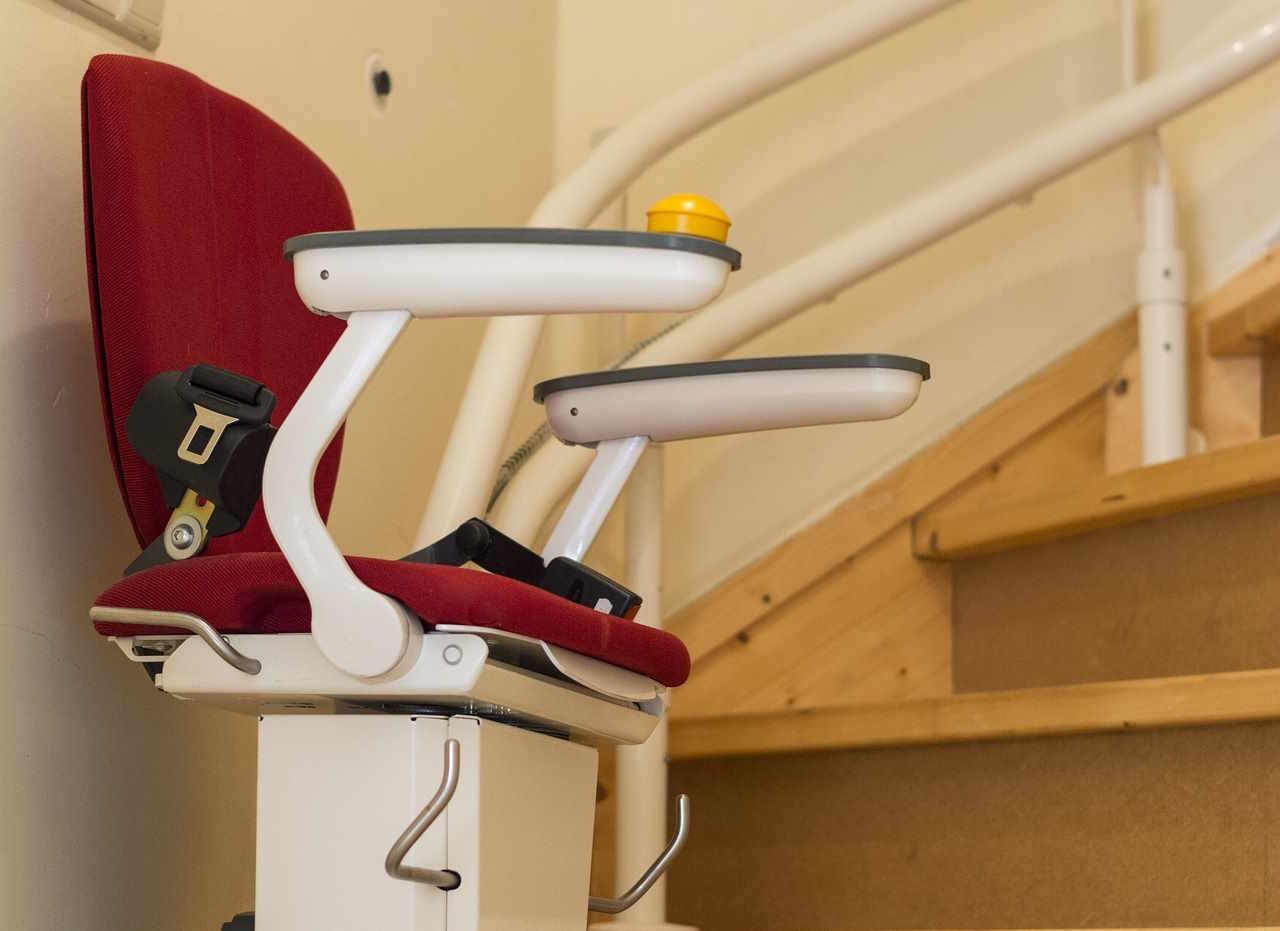Medicare Vision Coverage: What’s Really Covered and How to Check Your Benefits
Navigating Medicare vision benefits can be confusing for many seniors. While Original Medicare (Parts A and B) offers limited coverage for eye care, understanding exactly what's included—and what isn't—is crucial for maintaining good vision health without unexpected expenses. From routine eye exams to prescription eyeglasses, knowing your coverage options can help you make informed decisions about your vision care needs.

Medicare vision coverage often leaves beneficiaries with questions about what eye care services they can access through their plans. With millions of Americans relying on Medicare for their healthcare needs, understanding the specifics of vision coverage becomes essential, especially as vision problems become more common with age. This comprehensive guide breaks down Medicare’s vision benefits, explains coverage gaps, and shows you how to verify your specific benefits.
When Medicare Covers Eye Exams
Original Medicare (Parts A and B) provides limited coverage for eye examinations, focusing primarily on medical necessity rather than routine vision care. Medicare Part B will cover eye exams under specific circumstances:
For patients with diabetes, Medicare covers annual diabetic retinopathy screenings. These specialized exams help detect vision problems that can result from diabetes before they cause significant damage. Medicare also covers glaucoma screenings once every 12 months for individuals considered high-risk, including those with diabetes, a family history of glaucoma, African Americans aged 50 and older, or Hispanic Americans aged 65 and older.
Additionally, Medicare Part B covers diagnostic eye exams when medically necessary to evaluate symptoms or treat conditions affecting the eyes. For example, if you’re experiencing vision changes that could indicate a medical problem like cataracts or macular degeneration, these exams would be covered. Remember that while these medically necessary exams are covered, standard vision checks for eyeglass prescriptions typically are not included under Original Medicare.
Does Medicare Cover Eyeglasses?
The short answer is that Original Medicare (Parts A and B) generally does not cover routine eyeglasses or contact lenses. This creates a significant gap in coverage for many beneficiaries who need vision correction. There is, however, one notable exception to this rule.
Medicare Part B will cover one pair of eyeglasses or contact lenses after cataract surgery that includes intraocular lens implantation. This coverage is considered medically necessary for recovery from the procedure. Even in this case, Medicare’s coverage is basic—it typically includes standard frames and lenses, not premium options like progressive lenses or designer frames.
For routine eyeglasses or contacts needed for everyday vision correction, beneficiaries must either pay out-of-pocket or seek alternative coverage options. This limitation often comes as a surprise to new Medicare enrollees who may have had more comprehensive vision coverage through employer-sponsored insurance plans before retirement.
How to Check If You Have Vision Benefits
Determining your exact Medicare vision benefits requires knowing which type of Medicare plan you have and reviewing your specific coverage details. Here’s how to check your benefits:
For Original Medicare beneficiaries, visit Medicare.gov or call 1-800-MEDICARE (1-800-633-4227) to confirm your coverage. You can also review your “Medicare & You” handbook, which is updated annually and explains your benefits. When speaking with representatives, ask specifically about vision care coverage and any limitations or exceptions that may apply to your situation.
If you have a Medicare Advantage plan, contact your plan provider directly. Each plan has its own member services department that can provide detailed information about your vision benefits. Most providers offer online portals where you can log in to view your coverage details, including vision benefits. Your plan’s Evidence of Coverage (EOC) document also contains comprehensive information about what is and isn’t covered.
Don’t forget to check if you have any supplemental insurance policies that might include vision coverage. Some Medicare Supplement (Medigap) policies or standalone vision insurance plans may help fill the gaps in Medicare’s vision coverage.
Why Medicare Advantage Plans Often Include Vision Benefits
Medicare Advantage (Part C) plans frequently offer more comprehensive vision coverage than Original Medicare, making them an attractive option for beneficiaries concerned about eye care costs. These plans, offered by private insurance companies approved by Medicare, must provide all the benefits of Original Medicare but often include additional services.
Medicare Advantage plans compete for enrollees by offering extra benefits that Original Medicare doesn’t cover, with vision care being one of the most commonly added benefits. This market competition drives insurers to include services like routine eye exams, prescription glasses, and contact lenses to attract beneficiaries.
For seniors with ongoing vision needs, these additional benefits can represent significant savings over time. However, it’s important to understand that coverage varies widely between different Medicare Advantage plans. Some may offer comprehensive vision benefits with low copays, while others might provide only basic coverage with higher out-of-pocket costs.
Common Vision Benefits in Advantage Plans
Medicare Advantage plans typically offer a range of vision benefits beyond what Original Medicare provides, though specific coverage varies by plan. Understanding these common benefits can help you choose the right plan for your vision needs.
Most Medicare Advantage plans that include vision coverage offer annual routine eye exams with an in-network provider. These exams typically require a copayment ranging from $0 to $50 depending on the plan. Many plans also provide an annual allowance for eyeglasses or contact lenses, usually between $100 and $300 per year. This allowance can significantly reduce out-of-pocket costs for prescription eyewear.
Some more comprehensive plans may include coverage for lens enhancements such as anti-reflective coating, photochromic lenses, or progressive lenses, though these often come with additional copays. Plans may also offer discounts on LASIK or other corrective vision surgeries, though full coverage for these procedures is rare.
| Medicare Plan Type | Routine Eye Exams | Eyeglasses Coverage | Additional Vision Services |
|---|---|---|---|
| Original Medicare (Parts A & B) | Not covered except for medical conditions | Only after cataract surgery | Limited to medically necessary care |
| Medicare Advantage (Basic) | Often covered with $25-50 copay | $100-150 annual allowance | Basic lens options |
| Medicare Advantage (Enhanced) | Often covered with $0-25 copay | $200-300 annual allowance | Enhanced lens options, possible discounts on LASIK |
| Medicare Supplement (Medigap) | No standard vision coverage | No standard vision coverage | May offer vision discount programs |
Prices, rates, or cost estimates mentioned in this article are based on the latest available information but may change over time. Independent research is advised before making financial decisions.
When evaluating Medicare Advantage plans for vision benefits, pay close attention to the provider networks. Some plans restrict coverage to specific vision care providers or eyewear retailers. Also check for frequency limitations—most plans cover one eye exam and one pair of glasses or set of contacts per year, but some may have different timeframes.
Understanding Medicare’s vision coverage options helps beneficiaries make informed decisions about their eye care. While Original Medicare offers limited vision benefits focused on medical necessity, Medicare Advantage plans frequently provide more comprehensive coverage for routine eye care and corrective eyewear. By checking your specific benefits and understanding what services are covered, you can better manage your vision care needs and associated costs. For those with ongoing vision requirements, exploring Medicare Advantage plans with robust vision benefits may provide significant value and peace of mind.
This article is for informational purposes only and should not be considered medical advice. Please consult a qualified healthcare professional for personalized guidance and treatment.




